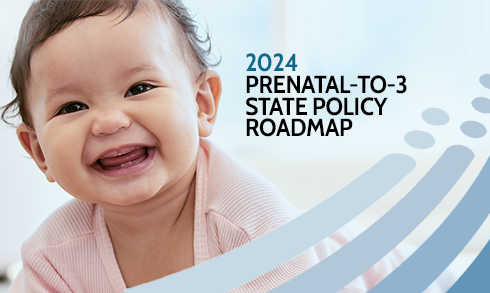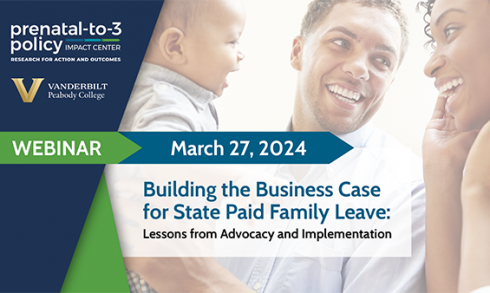- Home
- /
- Research Topics
- /
- Paid Family Leave
Paid Family Leave
Paid family leave policies require employers to allow eligible parents to take time off from work to bond with a new child while receiving a portion of their salary. By providing parents with the time and financial security to stay home with a new child, paid family leave can improve both economic security and the health and wellbeing of children and parents.
Featured Resources
Paid family and medical leave programs providing a minimum of 6 weeks of leave for all parents with a new child increase access to paid time off from work, reduce racial disparities in leave-taking, boost mothers’ labor force participation, improve maternal mental health, and foster better child-parent relationships and child health.
Paid family leave is one of the most impactful, yet cost-effective, policies a state can adopt to support infants, toddlers, and their families. Despite the strength of these impacts, it can be challenging to garner support from businesses.
Studies that examine the causal impact of paid family leave policies find that providing at least 6 weeks of paid leave to parents with a new child increases the length and likelihood of leave-taking, increases mothers’ labor force participation rates, improves mothers’ mental health, and fosters better child-parent relationships and child health.
Related Resources
- Blog
- |









